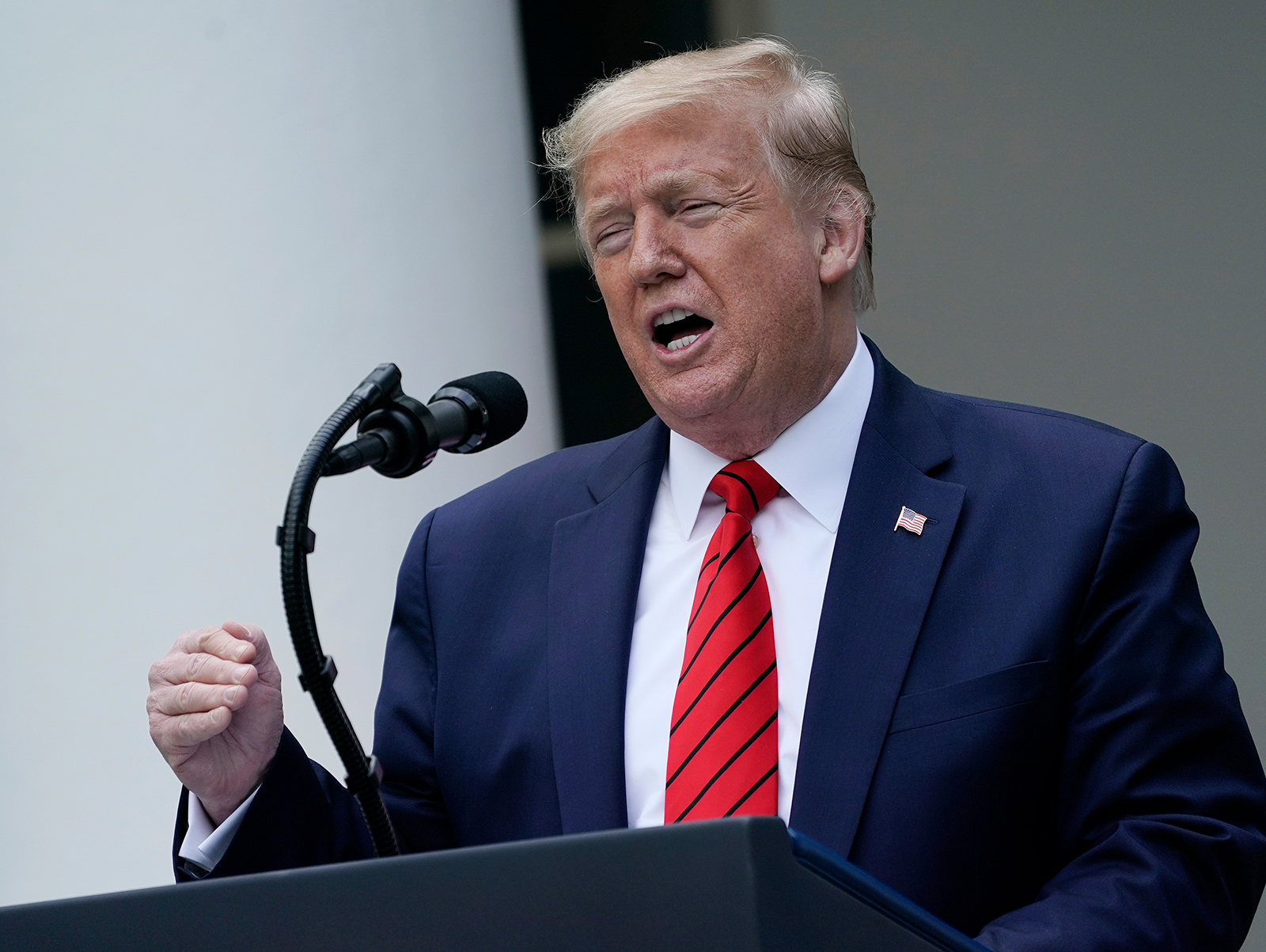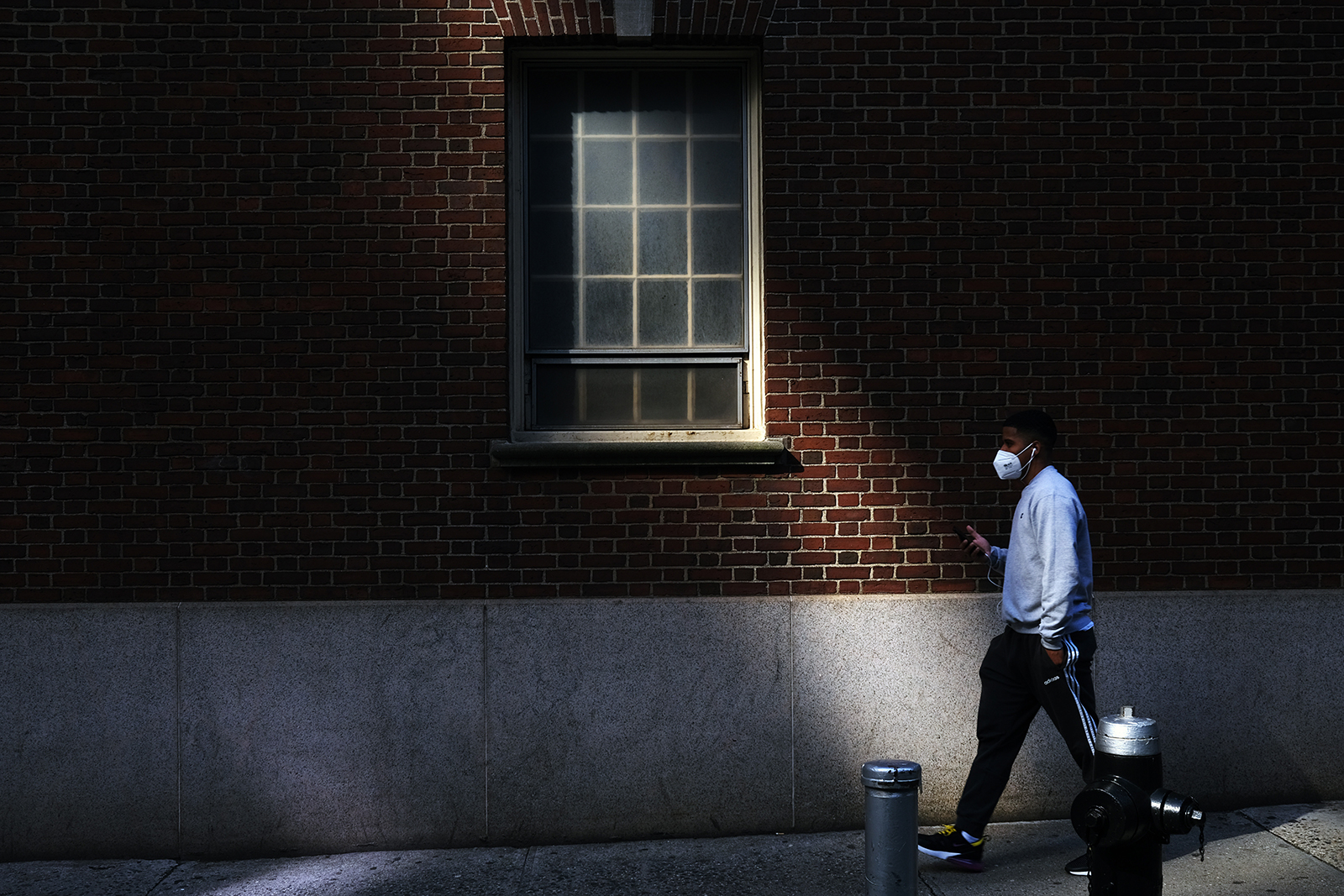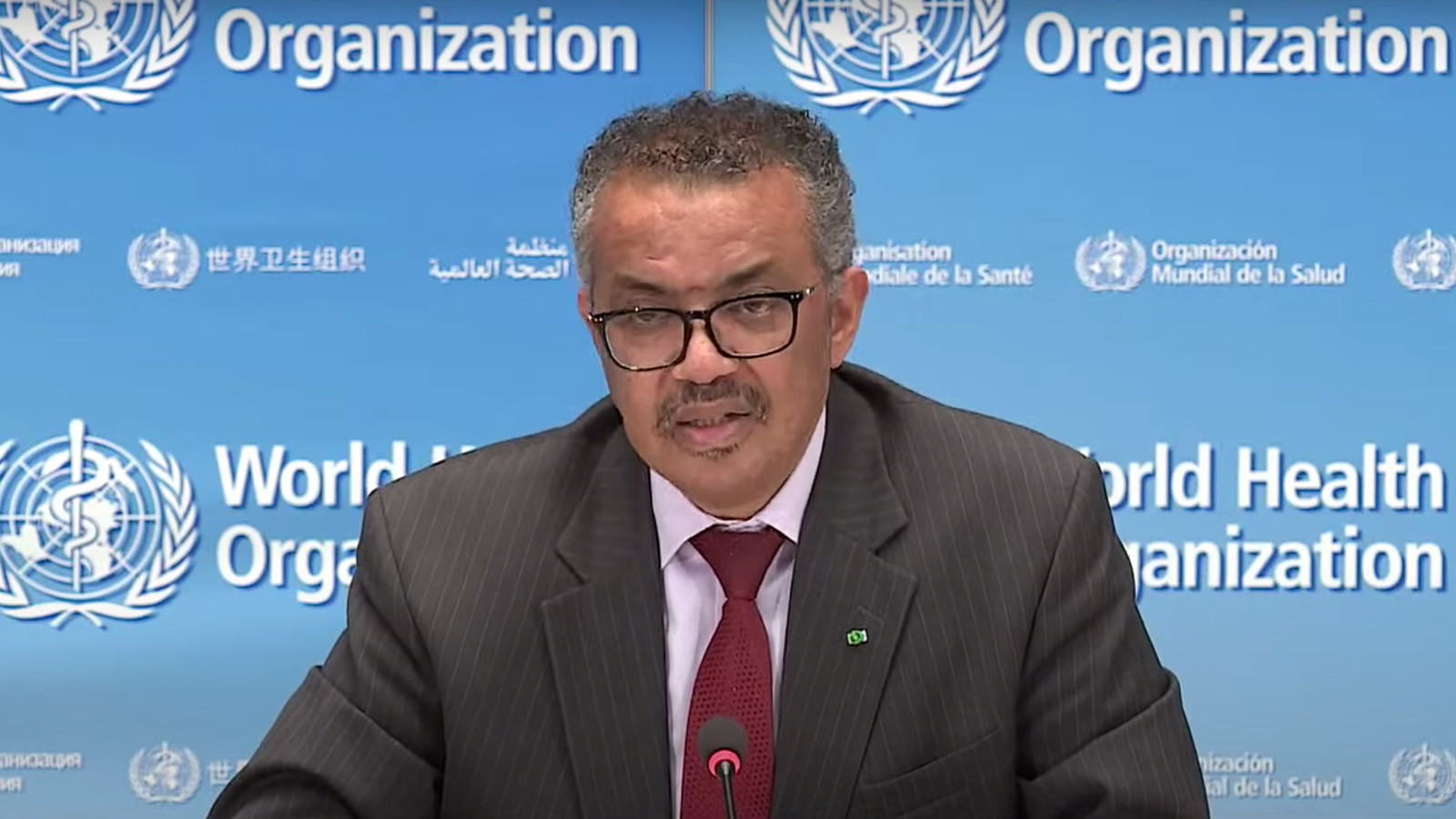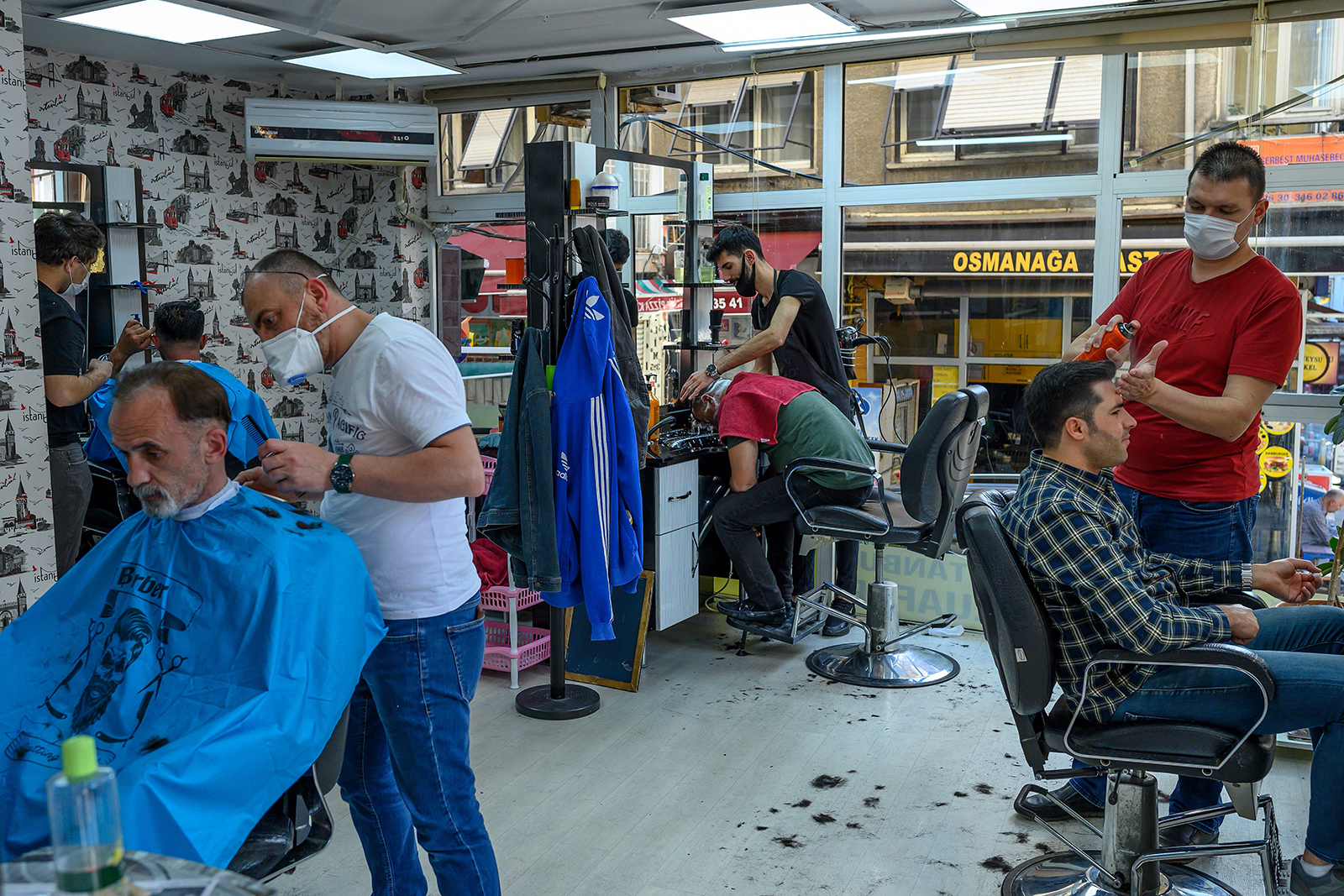
US President Donald Trump and his administration announced today that the federal government is sending $11 billion to states to expand coronavirus testing capabilities.
When Trump made the announcement in the Rose Garden, he appeared to misspeak, saying "1 billion" has been approved and the "money is going out."
Adm. Brett Giroir, Assistant Secretary for Health and Human Services, later clarified in the Rose Garden briefing it is $11 billion going to states.
The relief package signed on April 24 included $25 billion for testing, with $11 billion for states, localities, territories and tribes.
Giroir said in order for states to receive the funding, there has to be plans in place that address testing in "vulnerable communities."
"There needs to be minimum numbers to be planned to test. They have to have plans for their vulnerable communities, including nursing homes, including those who are disabled, including those who are in prisons or who have working environments that they may have a more likelihood to spread the infection," he said.






